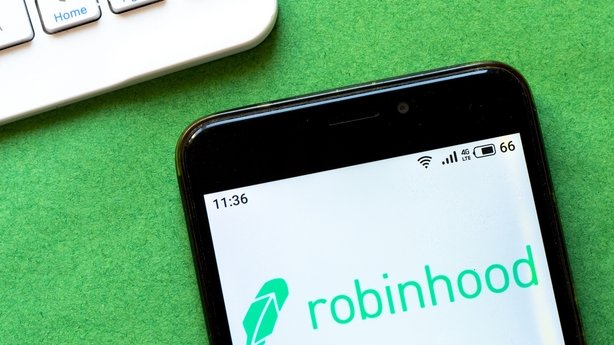Silver prices surged to a five-month high today, silver-mining stocks leapt and coin-selling websites were swamped as small-time investors scooped up the metal, the latest target of a retail-trading frenzy that has unnerved financial markets.
Organised in online forums and traded with fee-free brokers, such as Robinhood, the phenomenon has driven a 1,500% rally in the shares of videogame retailer GameStop as the crowd targets assets big fund managers had bet against.
The following are significant moments in the recent retail trading frenzy:
December 8, 2020 - GameStop shares tank after company misses Wall Street estimates for quarterly revenue as pandemic-led store closures and intense competition from digital-game sellers hit sales.
January 11, 2021 - GameStop appoints Chewy.com founder and two other e-commerce veterans to its board in a deal with investor Ryan Cohen's RC Ventures, as it doubles down on digital sales.
January 13 - GameStops shares rise 57%, followed by another 27% jump the next day to $39.90. Its median target price among analysts is only $12.50.
January 19 - Short seller Citron Research takes aim. Tweets about GameStop, saying buyers at these levels are "the suckers at this poker game" and stock "back to $20 fast."
January 20 - Citron Research delays negative report, says it does not want to go live with its report on the stock.
January 22 - Shares rise another 50%.
January 25 - GameStop stock soars as much 144% then settles up 18% with retail traders storming in to buy more.
January 26 - Elon Musk tweets "Gamestonk!!", along with a link to Reddit's Wallstreetbets stock trading discussion group, where supporters refer to the Tesla CEO as "Papa Musk."

January 27 - Melvin Capital and Citron closes the majority of their GameStop position at a loss.
January 27 - US Federal Reserve Chair Jerome Powell declined outright to comment on the extraordinary rise in the shares of an unprofitable company that seemed proof positive the market had become detached from reality.
January 27 - A slugfest between Wall Street and Main Street took an unexpected turn after moderators of a stock trading forum that has helped fuel massive rallies in the shares of GameStop temporarily closed its doors.
January 27 - Billionaire investor Steven Cohen's Point72 Asset Management has suffered a nearly 15% loss this year due to a sudden surge in the shares of video-game retailer GameStop, the New York Times reported.
January 28 - The volume of bearish options bets on GameStop surged while bullish bets are taking a backseat after a run that has catapulted the video game and electronics retailer's shares more than 700% over the past four sessions.
January 28 - Online trading platforms Robinhood and Interactive Brokers said they had restricted trading in shares of GameStop, BlackBerry and other companies that have seen hefty gains due to a social media-driven trading frenzy.

January 29 - The chief executive of brokerage app Robinhood said he made a "difficult decision" to restrict buying in more than a dozen volatile stocks, including GameStop and AMC Entertainment, to protect the company and its customers.
January 29 - Online brokerage Robinhood said it was not allowing purchases of parts of shares in GameStop and other stocks, a practice that has encouraged smaller investors by reducing the size of the amount they have to bet.
January 29 - The US securities regulator said it would review actions that may "unduly inhibit" trading of certain securities and said it was closely monitoring potential wrongdoing amid recent price volatility in the US stock market.
January 30 - Buyout firm Silver Lake disclosed that it sold its stake in AMC Entertainment Holdings for $713m this week, capitalising on a 10-fold rise in the price of the shares.
January 31 - Melvin Capital, the hedge fund at the centre of the GameStop drama, lost 53% in January but received commitments for fresh cash from investors in the last days of the month, a source familiar with the fund said on Sunday.

